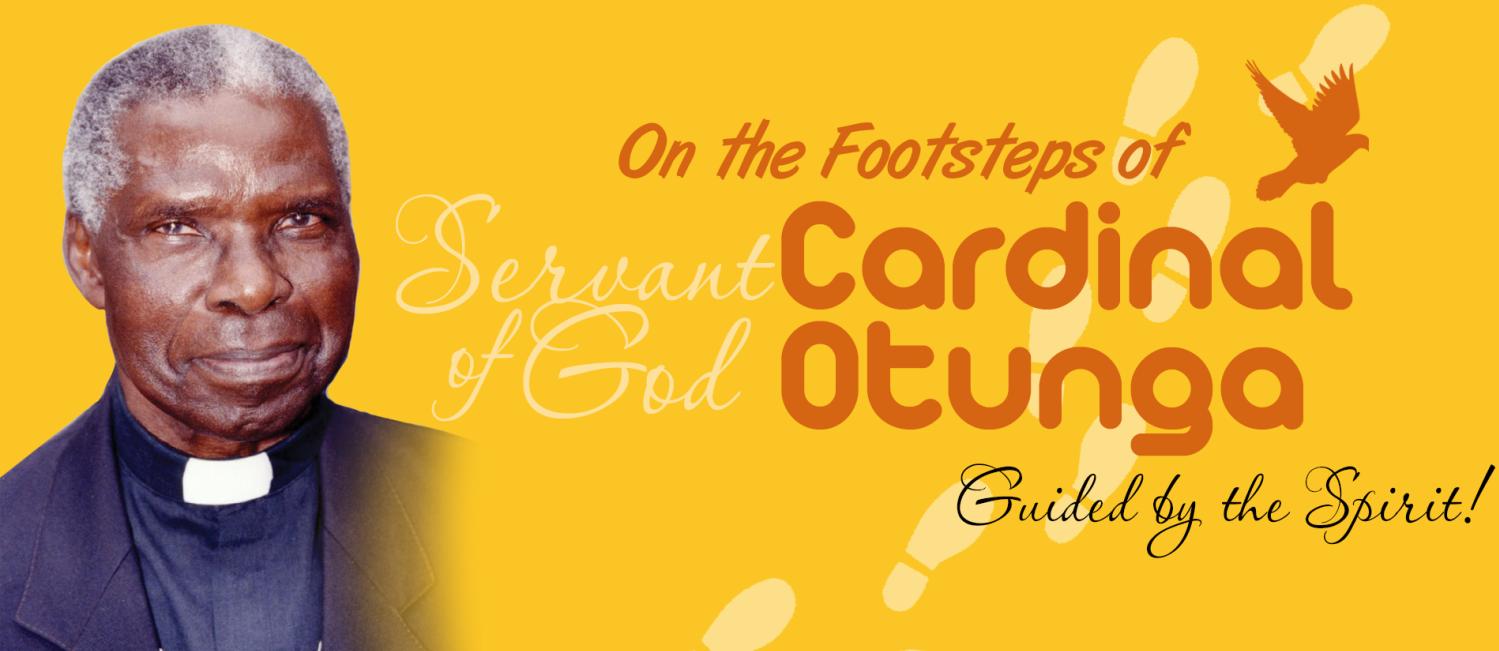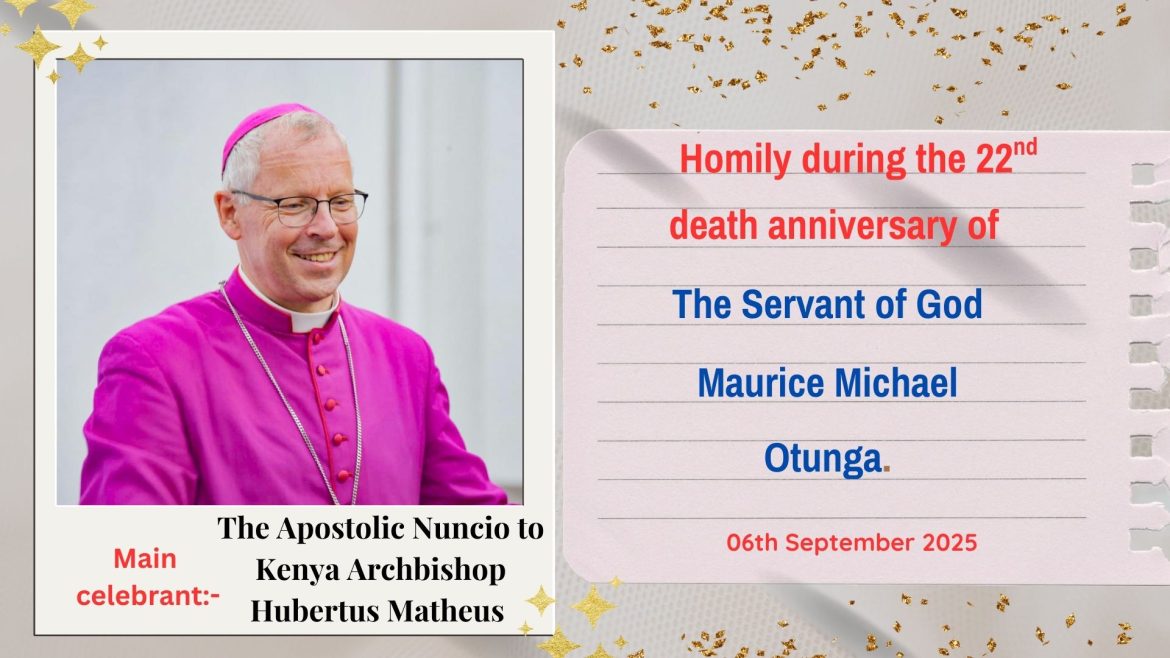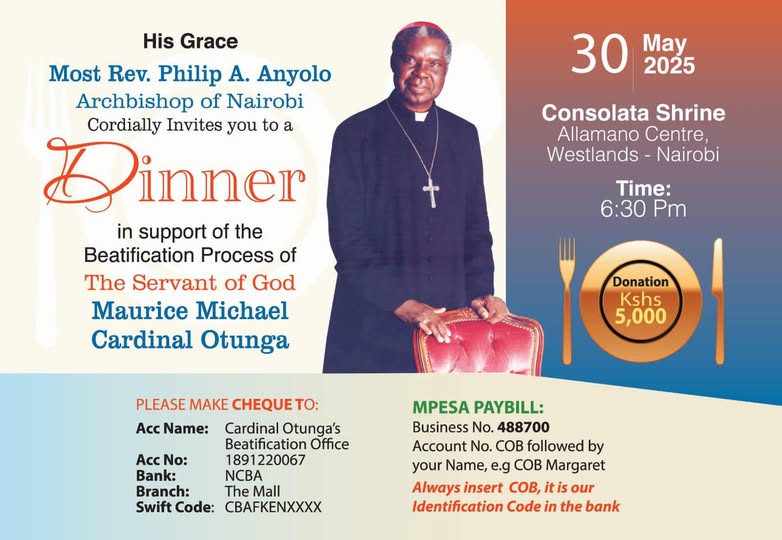Daughters of St. Paul Urged to Go “into the depth” of Pauline Mission at Launch of Their Golden Jubilee in Kenya
Credit: Paulines Publications Africa (PPA) Members of the Pious Society of the Daughters of St. Paul (FSP/Daughters of St. Paul/Pauline Sisters) have been urged to embrace “the depth” of their mission of proclaiming God’s Word through the modern means of communication. In…
Read more



